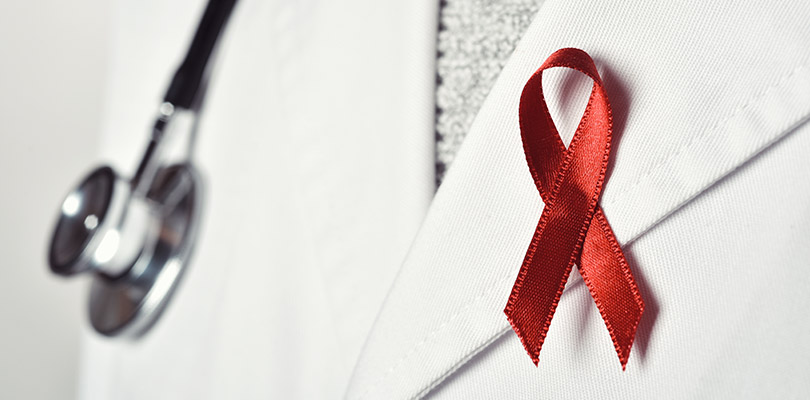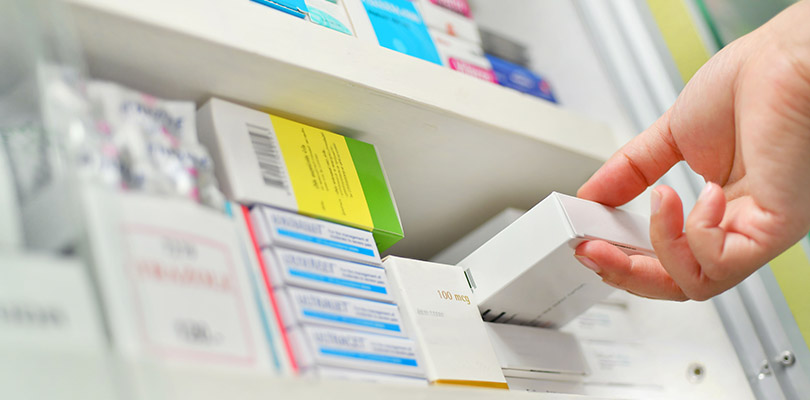What Is Mononucleosis?
Mononucleosis, aka, “mono” or “the kissing disease,” is also referred to as infectious mononucleosis. This disease is a group of symptoms that are typically caused by the Epstein-Barr virus.
Teenagers and young adults (especially high school and college-age) are most prone to getting mono. But in reality, anyone can get it, young or old. The disease is spread via saliva, hence the nickname “kissing disease.”
How Do You Get Mono Besides Kissing?
Kissing is certainly one way to catch mono, but a sneeze or a cough can also expose you. Also, sharing food utensils or a glass with someone with mono will give you the infection.
While mono is not as contagious as the common cold, it’s best to be careful. Don’t share drinks or eat from another person’s fork or spoon. They might have the infection but don’t show symptoms yet.
Mononucleosis usually isn't very serious. Most adults have been exposed to the Epstein-Barr virus and have built up antibodies. They're immune and won't get mononucleosis again.
Signs and Symptoms of Mononucleosis
Generally, the symptoms won’t show until four to six weeks after you’re first exposed to the infection. At that point, you can expect to have these symptoms for up to two months.
Symptoms may include:
- Fatigue
- Fever
- A sore throat
- A headache
- Skin rash
- Swollen lymph glands in neck and armpits
- Night sweats
- Swollen tonsils and spleen
Young children typically show few symptoms, so it’s possible they might have the infection yet it’s not obvious. Children recover much more quickly than teens and adults.
Fever and sore throat are usually gone within a couple of weeks. However, the fatigue, enlarged lymph nodes, and swollen spleen may last several weeks longer.
Mono is often very similar to other common viruses like the flu. Resting, getting plenty of fluids, and eating healthy foods will help you recover from mononucleosis. However, if your symptoms don’t improve after one or two weeks, see your doctor.
HIV infection takes its toll in three stages: acute, chronic, and AIDS. Learn more about the stages of HIV in detail here.
Complications
Complications of mononucleosis can be more serious than mono itself. That’s why it is important to see a doctor if your symptoms linger.
An enlarged spleen is a risk; in rare cases, the spleen may rupture. This can cause a sudden sharp pain in the left side of your upper abdomen. Get medical attention immediately — as you may need surgery.
Other potential complications:
- Anemia – decrease in red blood cells and hemoglobin in red blood cells.
- Thrombocytopenia – low count of platelets (clotting blood cells).
- Heart problems – inflammation of the heart muscle (myocarditis).
- Nervous system complications – meningitis, encephalitis, Guillain-Barre syndrome.
- Swollen tonsils – which can block breathing.
People with a compromised immune system are much more likely to have complications from the Epstein-Barr virus. This includes people with HIV/AIDS or people taking drugs to suppress immunity after an organ transplant.
Is Mono Contagious?
If you have mono, you must prevent others from getting infected. Don’t kiss anyone and don’t share food, dishes, glasses, and utensils. Wait several days after the fever has subsided - and wait and even longer, to be safe.
The Epstein-Barr virus may stay in your saliva for months after the infection. No vaccine exists to prevent mononucleosis. It’s best to be careful for many months after your infection.
How Do You Treat Mono?
There is no medication for mono. Treatment involves bed rest, proper nutrition and drinking plenty of fluids.
Medications for Complications
Some people get a streptococcal (strep) infection along with the sore throat of mono. You might also develop a sinus or tonsil infection. Antibiotics can help treat these bacterial infections.







